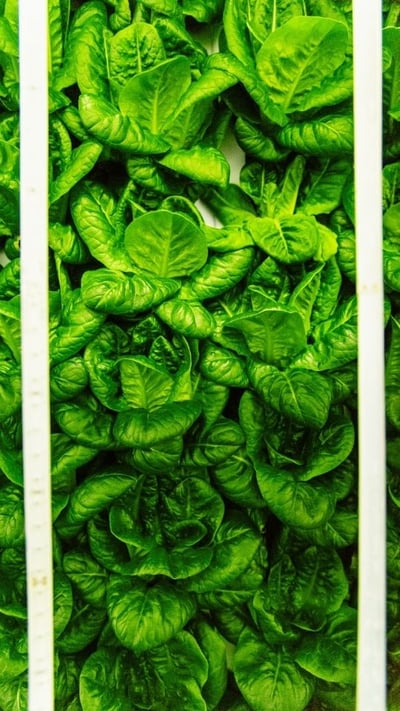Start reaching your own SDG Goals !

Your Kiezfarm package comes with everything to get your business rolling
Starting your sustainable farm today can have a range of benefits, not just for you but for your community as well. By taking action and making a commitment to sustainable farming practices, you can:
- Improve access to healthy, fresh produce for yourself and your community
- Promote environmental sustainability and reduce carbon footprint
- Foster community engagement and social interaction
- Create educational opportunities for people interested in sustainable agriculture
- Support local economies and small businesses
Join us at Farmlyplace and let's work together to create a sustainable future for ourselves and our communities.
Placemaking is a wonderful approach to planning, designing, and managing public spaces that brings people together:
It taps into the assets, inspiration, and potential of the local community, aiming to create public spaces that enhance people's health, happiness, and well-being. The idea behind it is that communities should be carefully planned and designed to encourage human connections, foster inclusive and participative societies, and create a harmonious relationship between individuals and their surroundings.
.jpg?width=1200&length=1200&name=SDG%2011%20(English).jpg)
.jpg?width=1200&length=1200&name=SDG%2013%20(English).jpg)
In the context of urban planning and green cities, placemaking can take on several dimensions that aim to enhance the quality of life for residents:
Environmental Sustainability: The planning process involves creating green, sustainable environments that bolster the health and wellness of residents. Incorporation of green technology solutions such as vertical farming in urban planning could create sustainable food production systems, promote bio-diversity and enhance environmental resilience.
Community Engagement: Placemaking encourages active participation from community members to share their insights and perspectives, facilitating a design that mirrors the needs and aspirations of its residents.
Multifunctional Spaces: Placemaking advocates for multifunctional spaces that cater to diverse community needs, thereby fostering inclusive environments. These spaces are designed to be accessible, promoting social interaction while catering to diverse functionalities, including recreation, relaxation, and socialization.
Smart Urban Planning: Leveraging data-driven solutions, planners can analyze various metrics such as pedestrian foot traffic, most utilized public spaces, etc., to create intelligent urban designs that are both efficient and user-friendly. It represents a dynamic move towards responsive city designs that evolve based on the continuous input and data analyses.
Wellness and Well-being: The planning process focuses on promoting the health and wellbeing of the residents by incorporating elements such as walkable neighborhoods, bike paths, parks, and recreational facilities that encourage physical activity and wellbeing.
Economic Vitality: Placemaking can help in fostering local entrepreneurship and economic development through the creation of vibrant public spaces that attract businesses and investments.
Technology Integration: In a green city context, integrating technological advancements like SaaS solutions in the daily operations and management of urban spaces can create environments that are not only sustainable but also smart and efficient, enhancing the overall quality of life.
